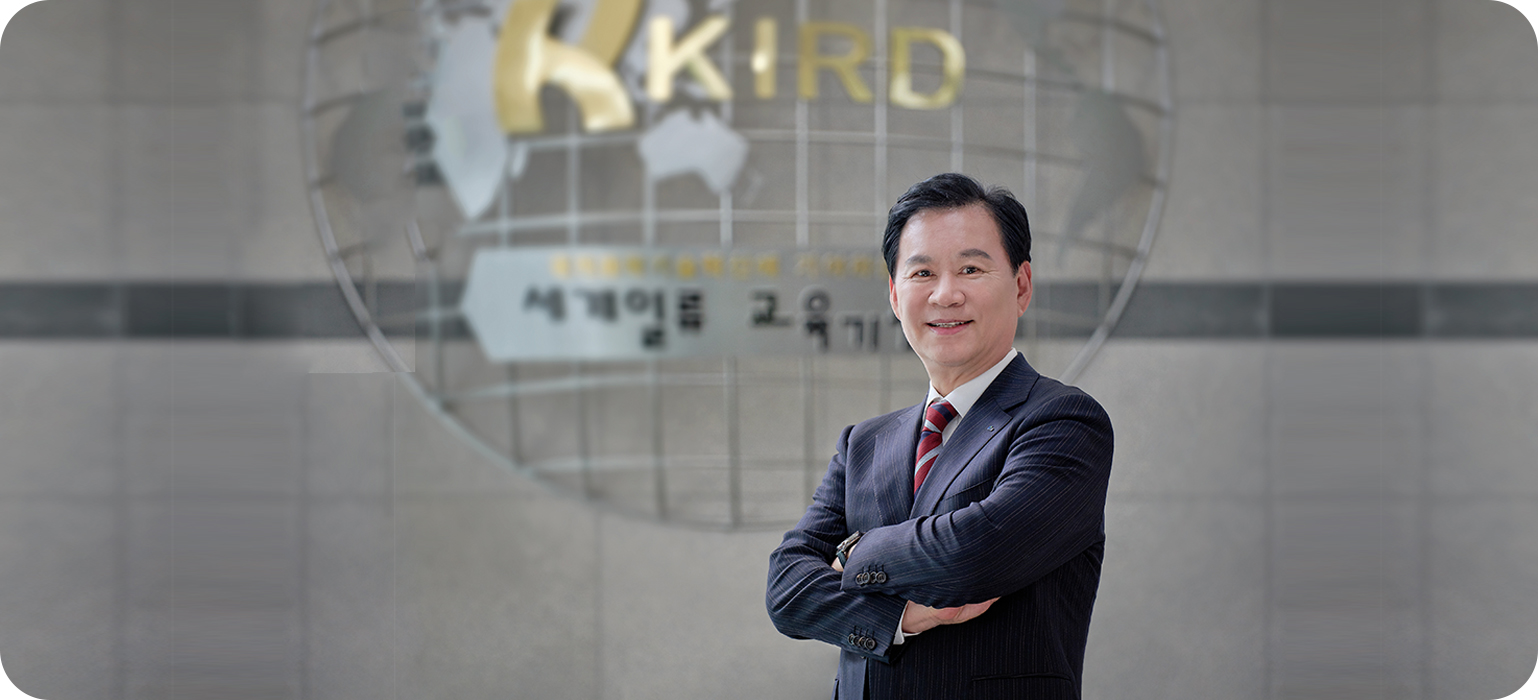VOL.02 · July 2022

VOL.02 · July 2022

Ray Kurzweil from Google, the most prominent futurologist and AI expert, stated in his book titled "The Singularity Is Near" which was published in 2005 that machine intelligence will outperform human intelligence by dozens of times. He laid out his prediction that such phenomenon can be realized in 2045. The Covid pandemic, a severe blow to the world society and economy, has accelerated the utilization of digital technology. This has prompted various industries such as manufacturing, medical, education and service to start adopting digital technologies. Against this backdrop, AI is constantly evolving and people's expectation and interests in its role is ever growing.
Major advanced countries such as the U.S., China and Japan have chosen ten technologies as their major strategical technologies and have been earnestly focusing their investment in these areas to gain the supremacy in the global competition for technological hegemony. Among these technologies, AI stands out as an overriding priority. Behind this trend lies the countries' recognition that they ought to equip and prepare themselves for the AI era at the national level as AI is driving a radical paradigm shift not only in technological field but also in a lot of other fields in the society. South Korean government laid out "National strategy for artificial intelligence of Korea" in 2019 to build a technological ecosystem and provide public education in with an aim of becoming an AI powerhouse. The Korean government announced 10 National Strategic Technologies which includes AI alongside with its plan to consolidate the national capabilities in order to secure a leading position in technology.
With the rise of AI as a determinant of nation's competitiveness and industrial innovation, countries and companies around the world are striving to secure AI talents. However, the supply side of the AI talent falls far short of the demand. South Korea is not an exception here. The report released by Software Policy & Research Institute points out that 14,000 AI talents are needed from 2018 to this year while the actual supply stands at merely 4,000. 64% of the demand is for the talents with PhD or master's degree who are capable of carrying out research. In order to utilize quality talents who can promptly respond to technological changes in industry and research fields, it is imperative that AI resources be managed systematically. In addition, there has been a voice which highlights the importance of re-training the existing resources as hiring talents with AI capability cannot be done over a short period of time.

In the beginning of this year, Korea Institute of Human Resources Development in Science and Technology (KIRD) joined hands with Korea Institute of Science and Technology Information (KISTI) and Electronics and Telecommunications Research Institute (ETRI) with AI education and infrastructure to form a consortium and run “AI Training Courses for Government-funded Research Institutes” with an aim of reinforcing researchers’ AI utilization capability in government contributed research institutes. The program offers 40 programs including off-line courses focusing on hands-on training and theory-focused online courses. This program invites participants from all walks of life with different background, serving as a platform for trans-disciplinary research.
“AI Training Courses for Government-funded Research Institutes” will be positioned as a leading talent development model for nurturing the talent coveted in digital transformation era. With an ever-growing importance of science and technology as a means of tackling complex social and global issues such as pandemic and climate change, the government-funded research institute, as a leader of national research and development, is expected to play a pivotal role in bringing tangible and innovative research achievement.